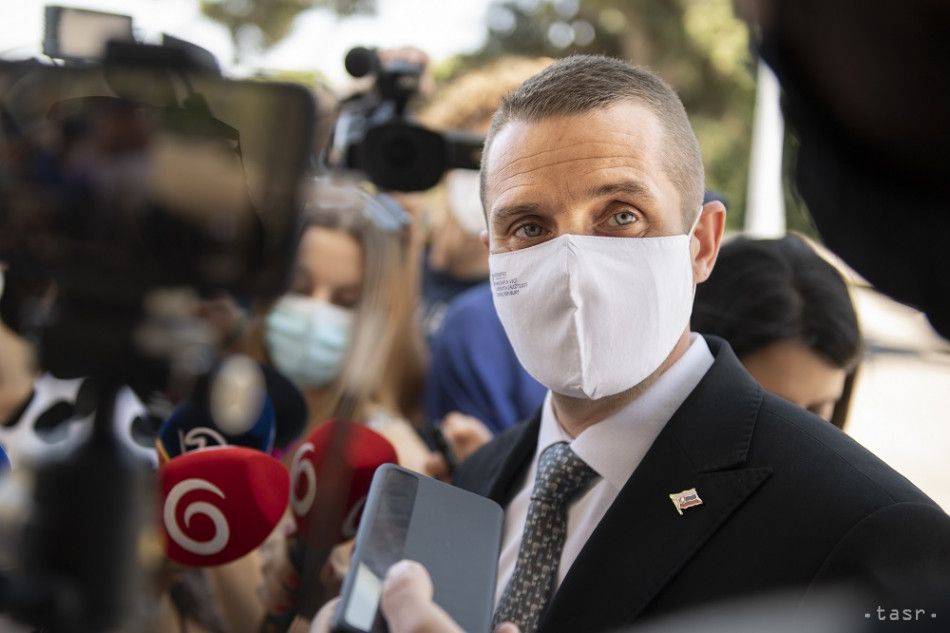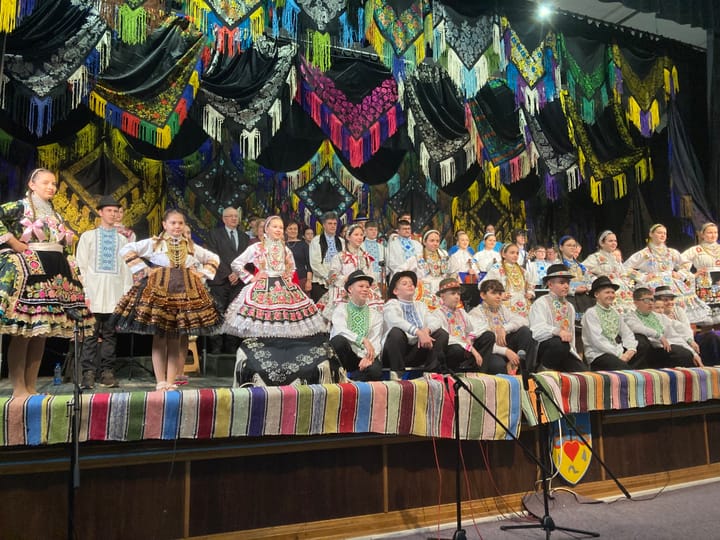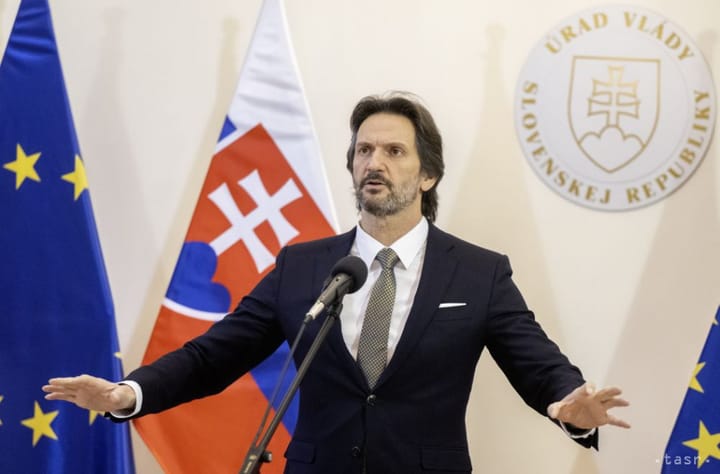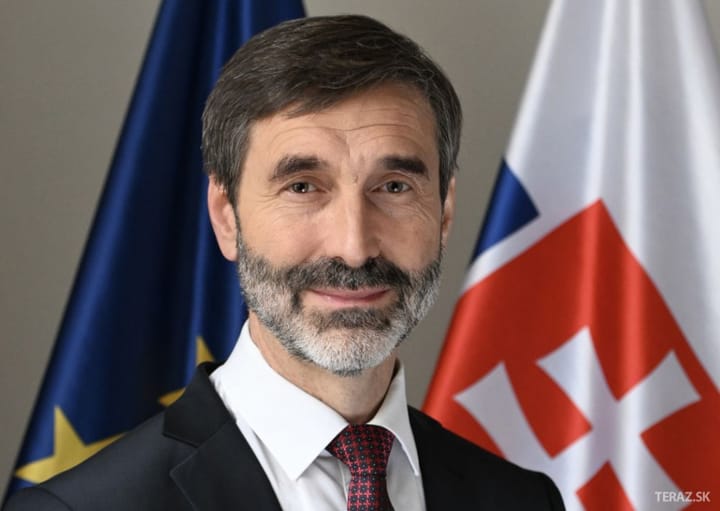CoFoE: School Discussions to Encourage Youth Interest in EU's Future, Says Klus

Bratislava, January 20 (TASR) – Discussions at schools should motivate youth to engage in the international debate on the future of Europe, Foreign Affairs Ministry State Secretary Martin Klus (Freedom and Solidarity/SaS) has said following his meeting with his Slovenian counterpart Gesper Dovzan.
The idea of school discussions is based on the ministry’s ‘Back to School’ initiative, which is one of the activities being held as part of the ongoing Conference on the Future of Europe (CoFoE) in Slovakia.
Dovzan and Klus took part in a discussion held at the private bilingual Galileo Grammar School in Bratislava on Tuesday (January 18). “We jointly discussed the opportunities offered to young people by our membership of the EU, but the students were also interested in the two countries’ attitudes to the Nord Stream 2 gas pipeline project and the situation on the Russian-Ukrainian border in the context of current tensions in eastern Europe,” said Klus.
Dovzan also presented experience from the recent Slovenian Presidency of the Council of the EU to the students. “In a few months, Slovakia will take over the presidency of the Visegrad Group [V4 – Slovakia, the Czech Republic, Hungary and Poland] and the Slavkov Format [S3 – Slovakia, the Czech Republic and Austria], so I declared our readiness to engage in closer cooperation with Slovenia. We’ll follow up on several priorities of its recent Presidency of the Council of the EU, within which we were united by similar stances on several European and regional policy issues,” said Klus.
As part of the Back to School project, ministry diplomats or their guests are visiting primary and secondary schools throughout Slovakia in order to encourage young people to show interest in what is happening in the EU.
Klus and Dovzan discussed opportunities for further development of bilateral cooperation, as well as current European and regional policy issues. “One of the current examples is the problems with recognising COVID passes, especially when individual vaccine doses have been administered in different countries, due to inconsistencies or a lack of stability in the rules of individual EU countries,” specified Klus.



